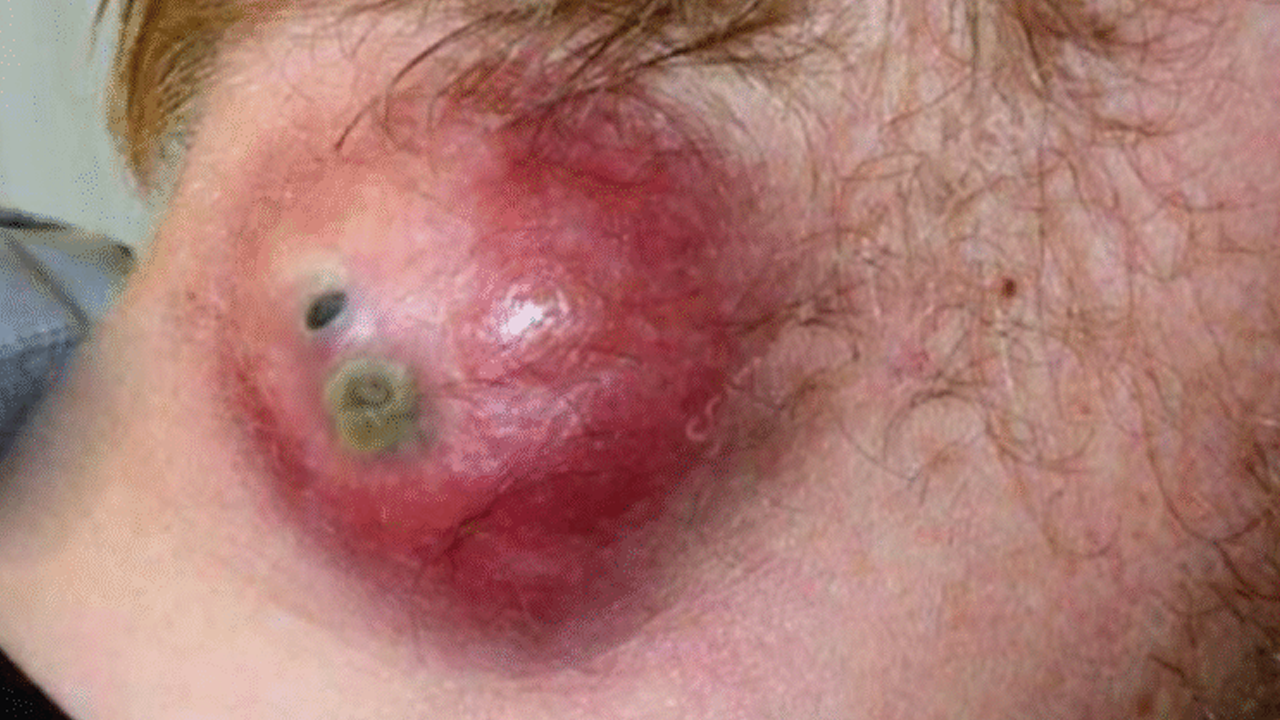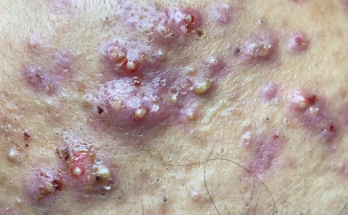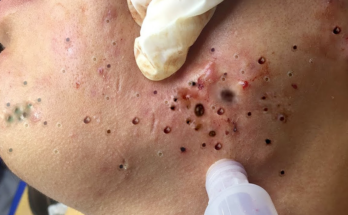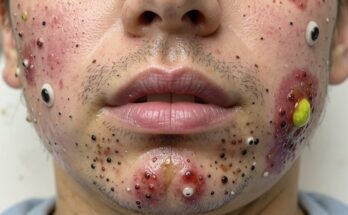The Blackhead Enigma: Unraveling the Mystery of Stubborn Pores
Blackheads. Those pesky dark specks that seem to gravitate towards our noses and chins, leaving us feeling less than confident. But understanding these common blemishes is the first step towards banishing them. This comprehensive guide dives deep into the science behind blackheads, exploring their formation, the surprisingly complex role of hygiene, and effective strategies for long-term management.
The Science of the Blackhead: A Clogged Pore Story
What is a Blackhead, Really?
Contrary to popular belief, a blackhead isn’t dirt lodged in your pores. It’s actually an open comedo, a type of acne lesion. Imagine this: your skin’s sebaceous glands produce sebum (oil). This oil, combined with dead skin cells, creates a blockage within a hair follicle. The dark color? That’s oxidation – a chemical reaction where the trapped sebum and cells darken upon exposure to air. Think of it as a slow-cooked reaction, not a grime buildup.
Beyond Cleanliness: The Multifaceted Factors Influencing Blackheads
The Hygiene Myth Debunked
While good hygiene is undeniably vital for overall skin health, it’s not the sole culprit behind blackheads. Several other factors play significant roles. Think of hormonal shifts (puberty, menstruation, pregnancy), genetics (a family history of acne increases your risk), and even certain dietary choices. Neglecting skincare can certainly worsen the situation, but it’s rarely the primary cause.
How Hygiene Impacts Acne and Blackheads
Poor hygiene habits – infrequent cleansing, touching your face with dirty hands, and incomplete makeup removal – introduce bacteria and debris into your pores. This triggers inflammation, increasing the likelihood of clogged pores and blackhead formation. Conversely, a gentle, consistent skincare regimen acts as a powerful preventative measure.
Other Key Players in Blackhead Formation
Beyond hygiene, several other factors contribute:
- Hormonal Fluctuations: Hormonal changes directly impact sebum production. Increased sebum translates to a higher chance of clogged pores.
- Genetics: Family history plays a significant role in your predisposition to blackheads.
- Comedogenic Products: Certain ingredients in cosmetics and skincare products can clog pores. Look for “non-comedogenic” labels on your products.
- Diet: Emerging research suggests a possible correlation between high-glycemic diets and acne.
Effective Strategies for Blackhead Management: A Holistic Approach
Gentle Cleansing: The Foundation of Clear Skin
Regular cleansing with a mild, non-comedogenic cleanser is essential. This removes excess oil and dead skin cells, preventing pore blockages. Avoid harsh scrubbing, which can irritate your skin and make the problem worse.
Exfoliation: Unclogging the Pores
Exfoliating 2-3 times a week with products containing salicylic acid or AHAs (alpha-hydroxy acids) gently removes dead skin cells, keeping pores clear and minimizing blackhead formation.
Topical Treatments: Targeted Solutions
Over-the-counter treatments containing benzoyl peroxide or retinoids can effectively unclog pores and regulate oil production. These are powerful weapons in your anti-blackhead arsenal.
Professional Extraction: When Necessary
For persistent blackheads that resist home treatments, consult a dermatologist or aesthetician for professional extraction. This ensures safe and thorough removal without causing skin damage.
Understanding Acne Infections: A Separate Issue
While acne itself isn’t an infection, some lesions can become infected by bacteria like Propionibacterium acnes or Staphylococcus aureus. Infected lesions are usually red, swollen, painful, and contain pus. In these cases, seek advice from a dermatologist, who may prescribe topical or oral antibiotics.
Maintaining a Healthy Skincare Routine: Prevention is Key
- Wash your face gently twice a day.
- Avoid picking or squeezing pimples – this can lead to scarring and bacterial spread.
- Use non-comedogenic makeup and skincare products.
- Change your pillowcases frequently.
- Keep your hands off your face!
By understanding the science behind blackheads and implementing a proactive skincare routine, you can effectively manage these common skin blemishes and achieve clearer, healthier skin. Remember, consistency and patience are vital for success!



